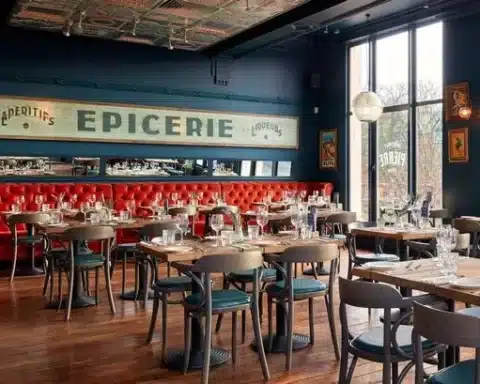Some of Sefton’s most vulnerable children and young people have been recognised for their outstanding achievements at the ‘No Limits’ awards ceremony.
Now in its 19th year, the ‘No Limits’ awards predominately acknowledge a young person’s achievement in a learning environment, whether in school, further education or an alternative setting.
However, the awards are not based solely on academic progress as they can be won by showing improvement in attendance, personal development, skills and knowledge. Many of the children who have won awards have gone on to do some remarkable things in their lives.
Each year the event is attended by about 300 children and young people and more than 100 of our foster and kinship carers. Every child nominated is invited to the awards ceremony, with their guests, and all nominees receive a medal, vouchers and certificates in recognition of their hard work.
21-year-old Caitlyne is the winner of this year’s 1st prize. She came into foster care at 13 and has had such a positive experience that she has stayed put with her foster family.
She is a dedicated, passionate and extremely hard-working student. She is about to complete a foundation degree in Children and Young People’s studies and has secured a place at the University of Central Lancaster starting in September.
The judging panel said they are in no doubt that the future is bright for Caitlyne and any future employer will be lucky to have her.
Cllr John Joseph Kelly, Sefton Council’s Cabinet Member for Children, Schools and Safeguarding, said: “Every one of the young people at these awards fully deserves to be recognised for their determination, hard work and dedication. I’m delighted that we are supporting them to reach such achievements.
“Children in care and care leavers are the most vulnerable young people within our communities. The circumstances in which they are growing up in are more complex and they may not have the same family support as their peers. It is our responsibility to fulfil the traditional parenting role. We also need to be ambitious for them and support and encourage them to make a success of their adult life.”













OTS News on Social Media